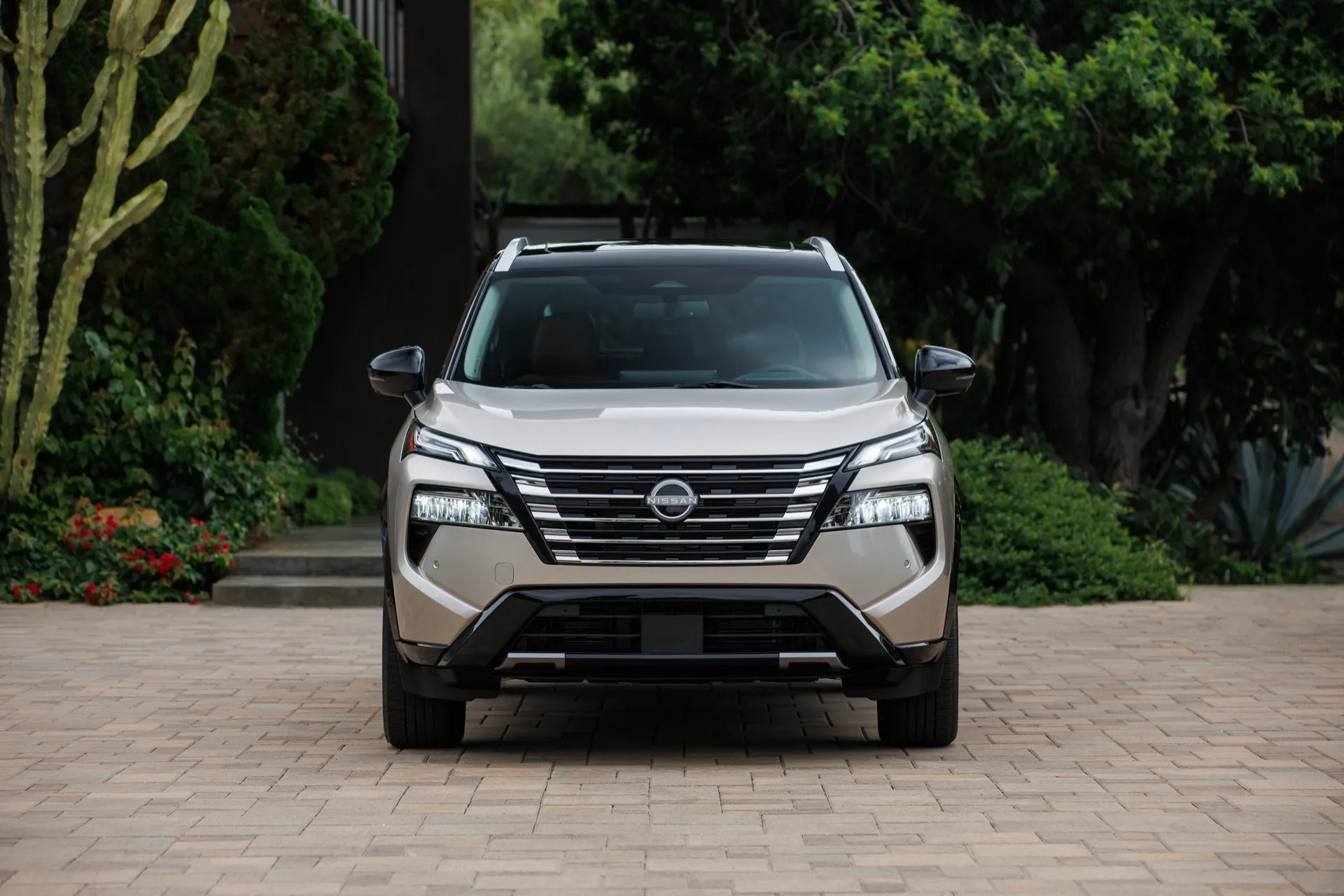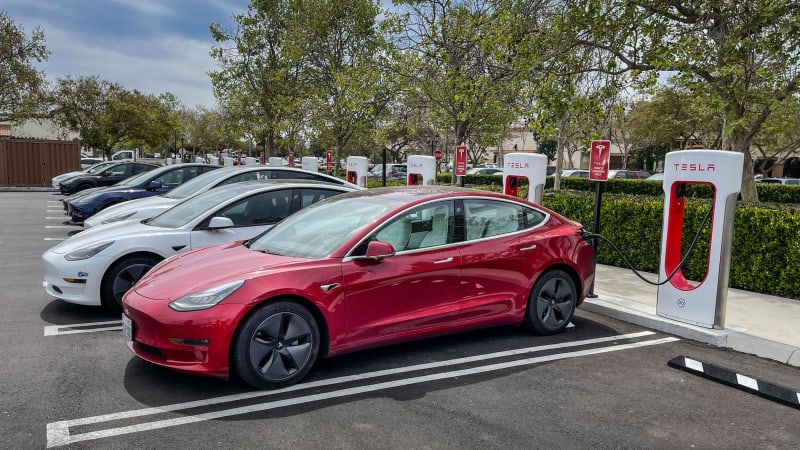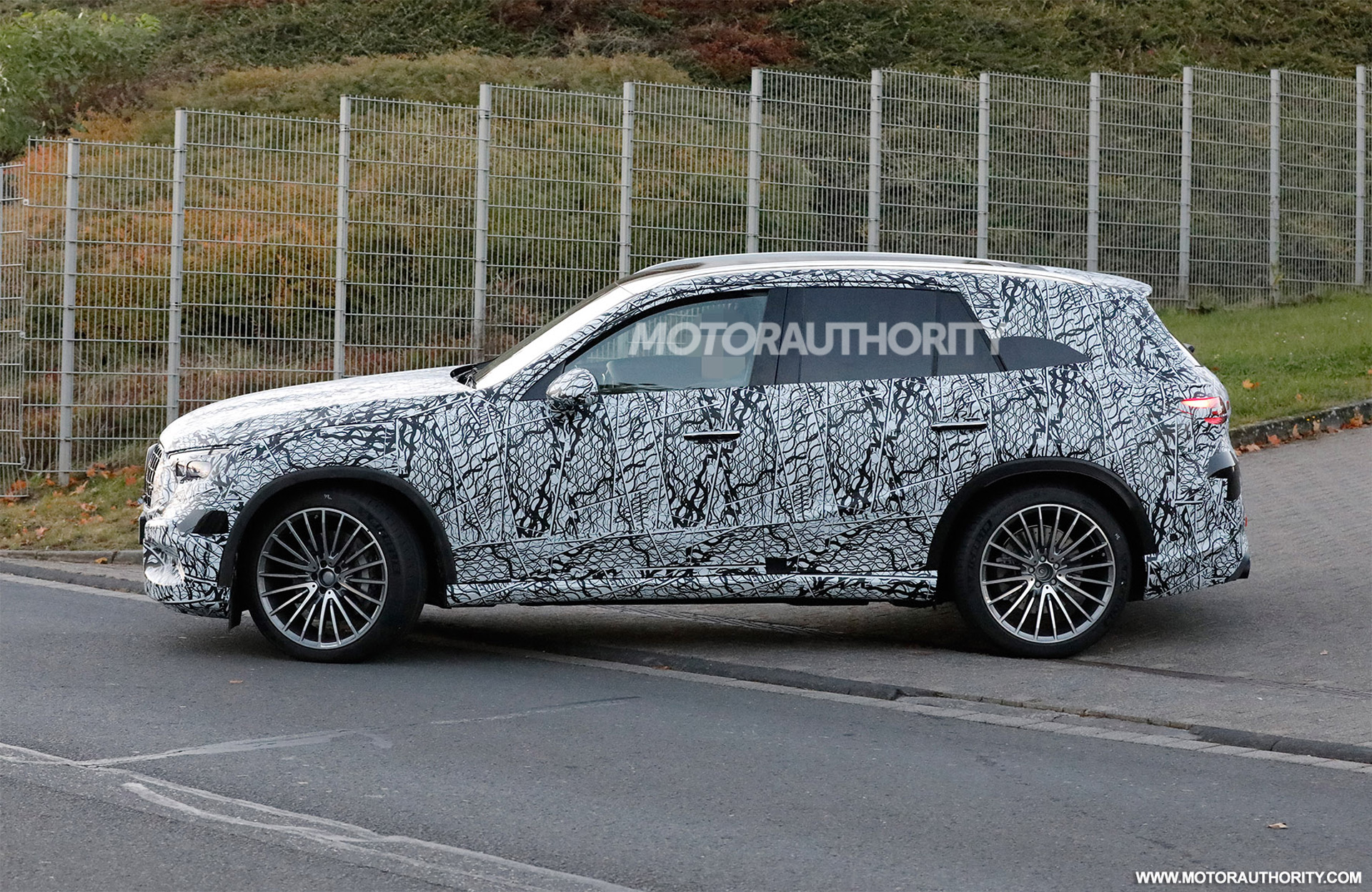BEV takes off earlier than expected in ASEAN countries

Following the implementation of EV incentive schemes by policy makers, battery electric vehicles (BEV) have taken off earlier than expected in ASEAN countries, especially in Thailand and Indonesia, the two largest markets. The pace of BEV penetration seems to be accelerating, driven by non-Japanese manufacturers. At this early stage of the transition to electric vehicles, there is ample room for new entrants to enter the ASEAN automotive market, which has long been dominated by Japanese car brands. Japanese automakers continue to be reluctant to invest in BEVs, giving opportunities to other players.
Since March 2017, Thailand’s Board of Investment (BOI) plans to develop the electric vehicle market and issue electric vehicle and hybrid incentive packages to attract investment. Incentives attract most of the major players in the market. However, automakers participating in the scheme focused primarily on producing hybrids (HEVs) and plug-in hybrids (PHEVs).
To capture the current global BEV trend, the Thai government established a new phase of BEV in the second half of 2020, bringing greater benefits to investment in BEV projects. The policy has led to successful new investments from Chinese companies such as Great Wall Motor (GWM) and his BYD. Moreover, in his February of this year, a new BEV economic stimulus package was announced, with reductions in import and consumption taxes, and he will receive a direct cash subsidy of THB 70,000-150,000 per vehicle depending on the model of the vehicle. was included. This latest incentive will focus on stimulating consumer interest and driving BEV sales in 2022 and 2023, while he will promote domestic production of BEVs in 2024 and 2025. . 1:1 by 2024 and 1:1.5 by 2025.
In the first eight months of the year, Thailand sold over 5,200 BEVs, up from just 1,900 in 2021. We forecast that his BEV sales in the Thai market for the full year 2022 will reach 13,000 units (accounting for 3.2%). This is thanks to government incentive packages that help bring down the price of BEVs on the market. Chinese brands are expected to lead the BEV market in Thailand, accounting for about 87% of total BEV sales in the country this year. His OEMs in China spearhead his BEV sales, and for at least the next five years he will hold more than 80% of his share of the BEV segment, losing some share to European and Japanese automakers. will continue to be the segment leader. Nevertheless, we do not expect local production of BEVs to accelerate significantly until 2025, as there is a period of nearly two years, 2022-2023, for automakers to import BEVs before they start local production. Is not …
Meanwhile, Indonesia has already started local production of Hyundai Ionic 5 (March 2022) and Wuling Air BEV (August). His other two active Chinese OEMs, Chery and Dongfeng, will also soon be manufacturing his BEVs in Indonesia. Mitsubishi and Toyota are reportedly planning to produce BEVs in the country. However, it is not expected to happen until 2025.
Unlike Thailand, Indonesia has yet to implement consumer EV subsidies. However, it is considering introducing subsidies next year to stimulate the market.
Looking at recent sales in Indonesia, around 1,600 BEVs were sold between January and August 2022. Nearly 9,000 BEVs are expected to be sold in 2022, up from just 667 in 2021.
Combined with a series of lucrative incentives, demand for BEVs in ASEAN is starting to gain momentum. This is largely due to the more affordable and wider selection of BEVs offered by Chinese and South Korean manufacturers, as well as concerns about rising gas prices.
However, the challenge to penetrate the ASEAN market at a meaningful rate is significant given the lack of EV charging infrastructure, which is key to encouraging buyers to choose BEVs over gasoline vehicles. Government support for EV infrastructure is essential to creating a proper BEV ecosystem, thereby enabling him to achieve sustained growth in BEV sales.
https://lmc-auto.com/news-and-insights/bevs-take-off-faster-than-expected-in-asean-countries/ BEV takes off earlier than expected in ASEAN countries





